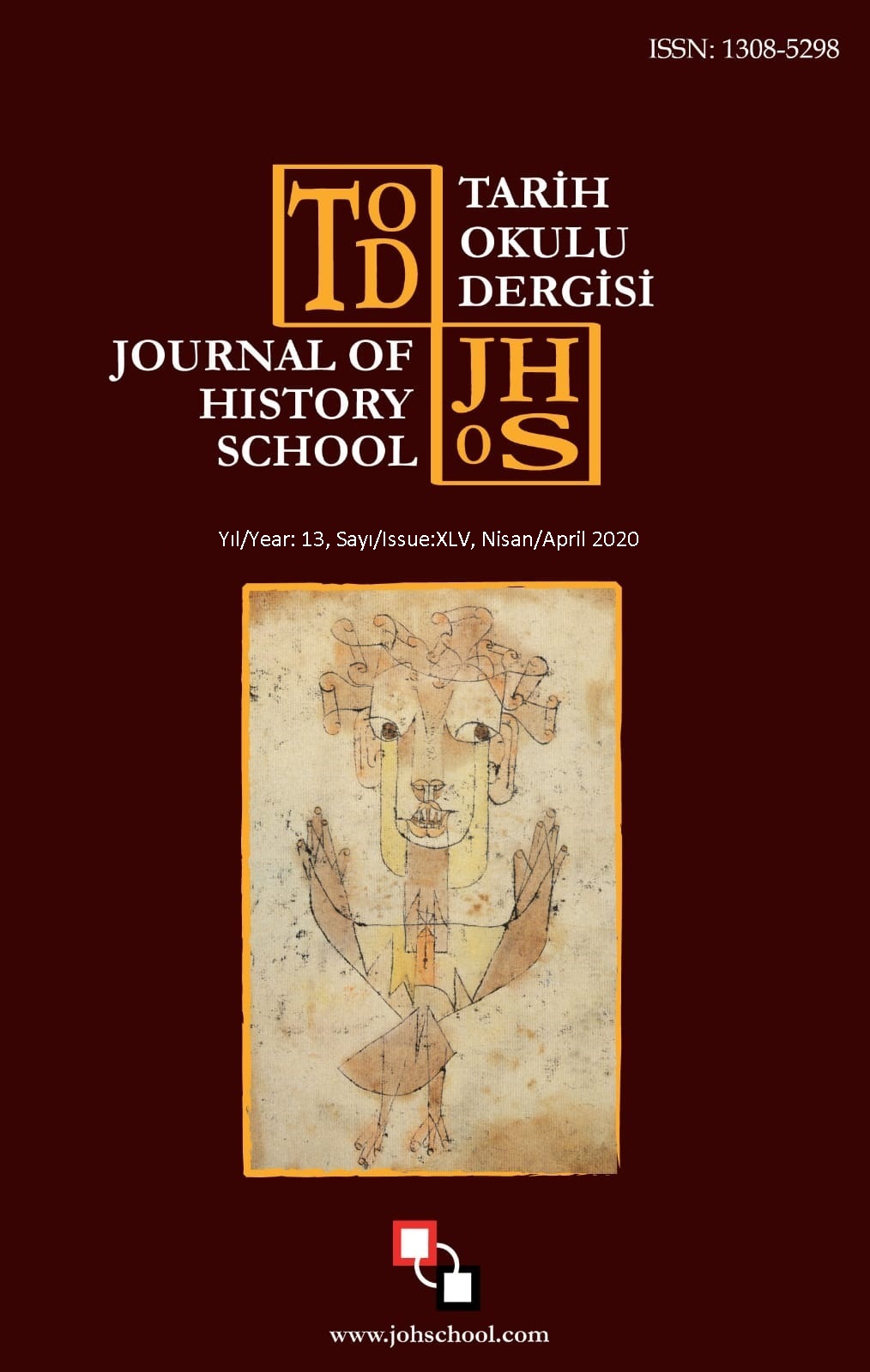Author :
Abstract
John Stuart Mill, 19. yüzyılda yaşamış en önemli İngiliz filozofu olarak kabul edilir. Jeremy Bentham’ın sistematize ettiği faydacı ahlak felsefesine, liberalizme, temsili hükümet sistemine, politik ekonomiye ve kadın haklarına sağladığı katkılar onun çok yönlü bir düşünür olduğunu göstermektedir. O, çok küçük yaşta başladığı eğitimi ile de dikkat çekici bir figürdür. Babası James Mill’in yönlendirmesi ve yönetimi ile şekillenen bu eğitim sürecinde Mill 3 yaşında Yunanca, 8 yaşında Latince öğrenirken 14 yaşına kadar çok kapsamlı bir felsefe, edebiyat, tarih, politik ekonomi ve hukuk koleksiyonunu orijinal dillerinden okuyarak özümsemiştir. Onun eğitim sürecini sıra dışı kılan etmenlerin başında babasının eğitim felsefesi gelmektedir. Buna göre, baba Mill eğitimin amacını mutluluğa ulaşma şeklinde belirlerken faydacılığı esas almıştır. John Locke’un deneyselciliği ile Robert Owen’ın çevreselci yaklaşımını temel prensipler olarak benimseyerek uygulama aşamasında Sokratik yöntem ve seküler eğitimi tercih etmiştir. Bu çalışma, J. S. Mill’in bir filozof olarak yetişmesini sağlayan bu eğitim sürecinin eğitim felsefesi açısından bir analizini yaparak günümüz eğitim yaklaşımlarına tarihsel ve felsefi bir örnek sunmayı amaçlamaktadır.
Keywords
Abstract
John Stuart Mill is considered the most important English philosopher of the 19th century. His contributions to the utilitarian moral philosophy systematized by Jeremey Bentham, liberalism, the representative government system, political economy, and women's rights show that he was a versatile thinker. He is also a remarkable figure with his own education which started at a very young age. In this educational course characterized by the direction and administration of his father James Mill, J. S. Mill learned Greek at the age of 3, Latin at the age of 8, and internalized a very comprehensive collection of philosophy, literature, history, political economy and law by the age of 14 by reading them in their original languages. One of the factors that makes his education process extraordinary is his father's philosophy of education. According to this, his father found the aim of education as reaching happiness in utilitarianism. Setting the empiricism of John Locke and the environmentalist approach of Robert Owen as the basic principles, he preferred the Socratic method and secular education in the application phase. This study aims to present a historical and philosophical example to today's educational approaches by making a philosophical analysis of this educational process that enabled J. S. Mill to grow up as a philosopher.
